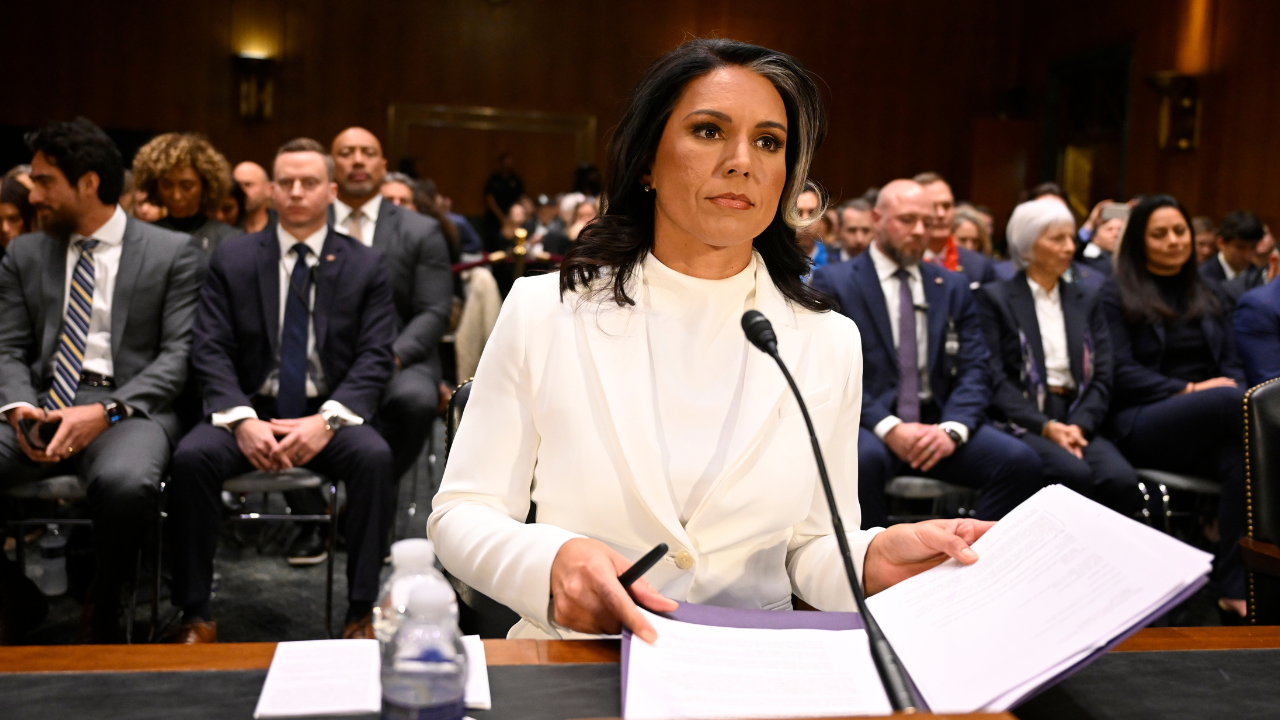Politics
Trump nominee Tulsi Gabbard clears last hurdle, heads for final confirmation vote

Tulsi Gabbard’s Nomination Journey: A Path to DNI
Introduction of the Nominee
Tulsi Gabbard, a former Democratic congresswoman, has been nominated by President Trump for the role of Director of National Intelligence (DNI). This nomination is significant due to her unique background, having transitioned from a Democrat to a Republican-backed nominee, which adds a layer of intrigue to her candidacy.
Procedural Milestones
Gabbard successfully cleared a crucial procedural hurdle with a 52-46 cloture vote, moving her nomination forward. This step was essential as it limited further debate, bringing her closer to a final vote. The vote highlighted the partisan divide, with support strictly along party lines.
Challenges and Vulnerabilities
Despite initial perceptions of vulnerability, Gabbard has navigated several challenges, including overcoming a legislative filibuster. Her journey through the Senate Select Committee on Intelligence was pivotal, securing crucial support from key GOP senators, which was vital for her progress.
Key Supporters and Strategic Moves
Senators Susan Collins and Todd Young emerged as critical supporters, providing the necessary backing for Gabbard’s nomination. Their support is notable, especially since Collins had previously opposed another Trump nominee, Defense Secretary Pete Hegseth. The strategic timing of the vote, while Vice President Vance was abroad, underlined Republican confidence in her confirmation.
Vote Dynamics and Projections
As the final vote approaches, Gabbard can only afford to lose up to three Republican votes. The absence of Vice President Vance means there won’t be a tiebreaker, increasing the pressure on Republican unity. Democrats are leveraging all available debate time, indicating their opposition strategy.
Conclusion and Implications
The outcome of Gabbard’s nomination will have significant implications for Trump’s administration. Her confirmation would mark a strategic success, considering the partisan landscape and her unique political transition. The process highlights the challenges and strategies involved in high-stakes nominations, reflecting broader political dynamics.


















